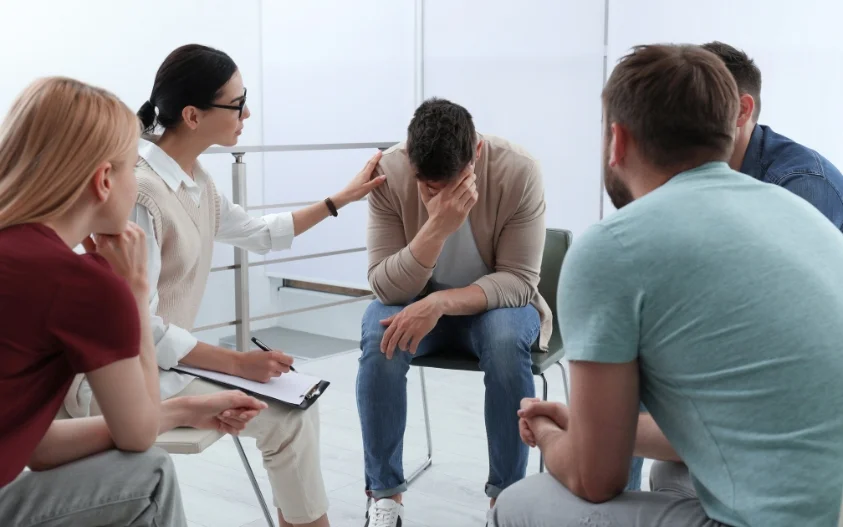24/7 Helpline:
(866) 899-221924/7 Helpline:
(866) 899-2219
Learn more about Bipolar Disorder Treatment centers in Madison County
Bipolar Disorder Treatment in Other Counties

Other Insurance Options

Magellan

ComPsych

Medical Mutual of Ohio

Amerigroup

Horizon Healthcare Service

PHCS Network

WellPoint

Sliding scale payment assistance

BlueCross

State Farm

EmblemHealth

MHNNet Behavioral Health

Lucent

Magellan Health

Multiplan

UnitedHealth Group

Cigna

Holman Group

Absolute Total Care

Optum

Tueller Counseling Services
Tueller Counseling Services is a private rehab located in Rexburg, Idaho. Tueller Counseling Service...

South Fork Services
South Fork Services is a private rehab located in Rexburg, Idaho. South Fork Services specializes in...

Ostermiller Counseling
Ostermiller Counseling is a private rehab located in Rexburg, Idaho. Ostermiller Counseling speciali...

Rexburg Counseling
Rexburg Counseling is a private rehab located in Rexburg, Idaho. Rexburg Counseling specializes in t...

Centerpoint Counseling
Centerpoint Counseling offers therapy for a wide variety of behavioral health issues. Centerpoint Co...



















